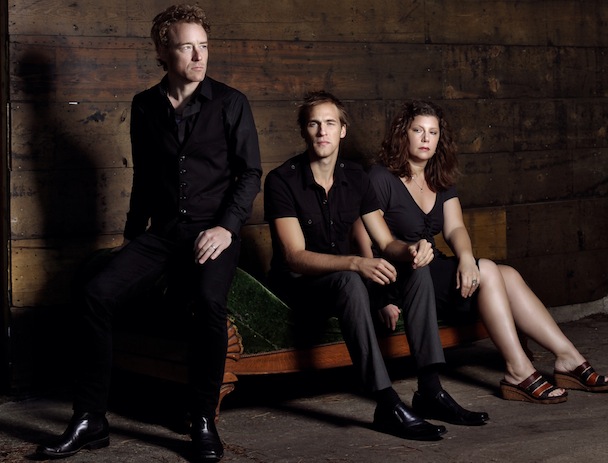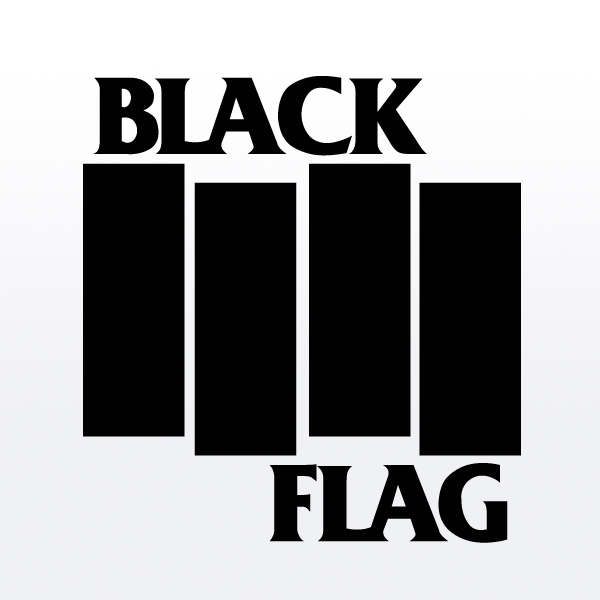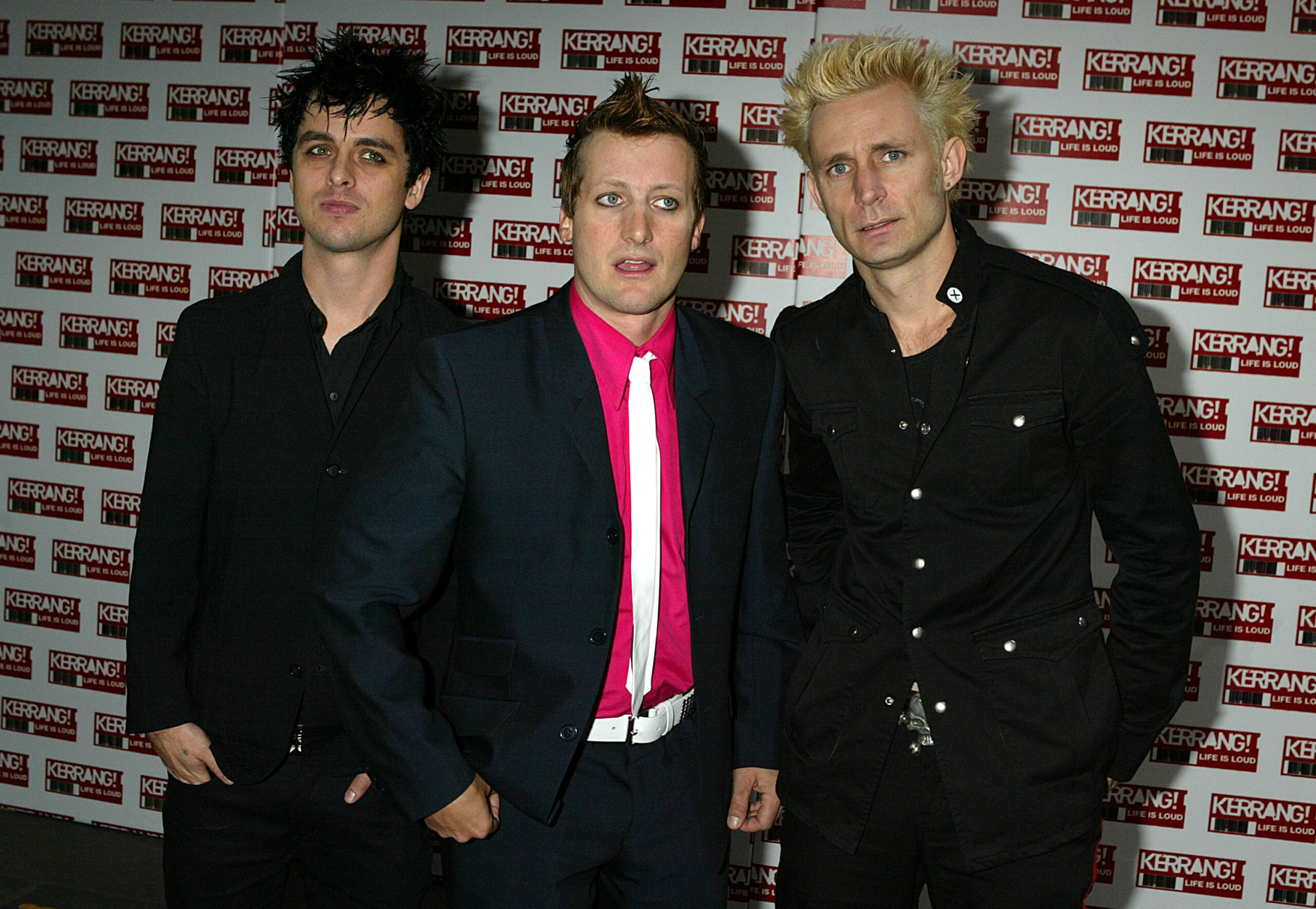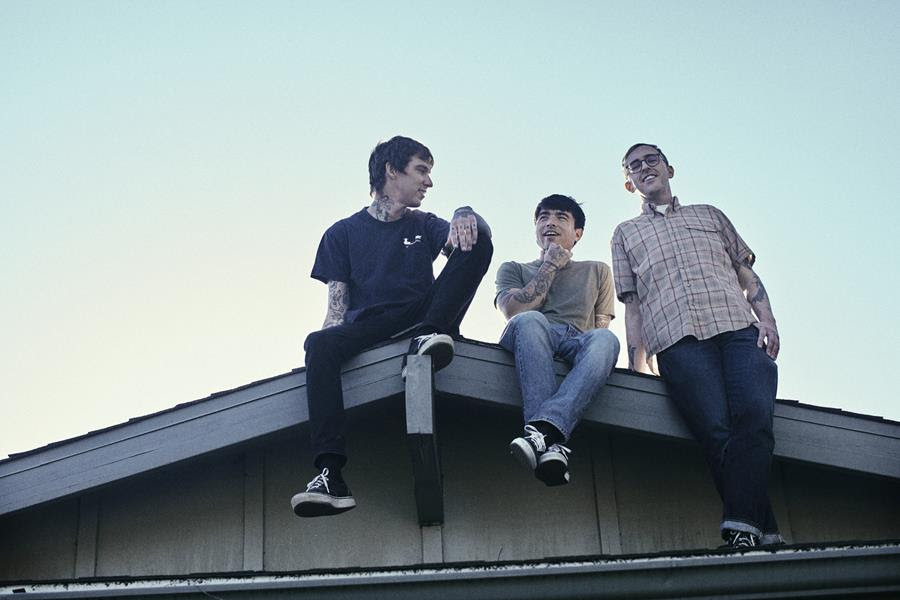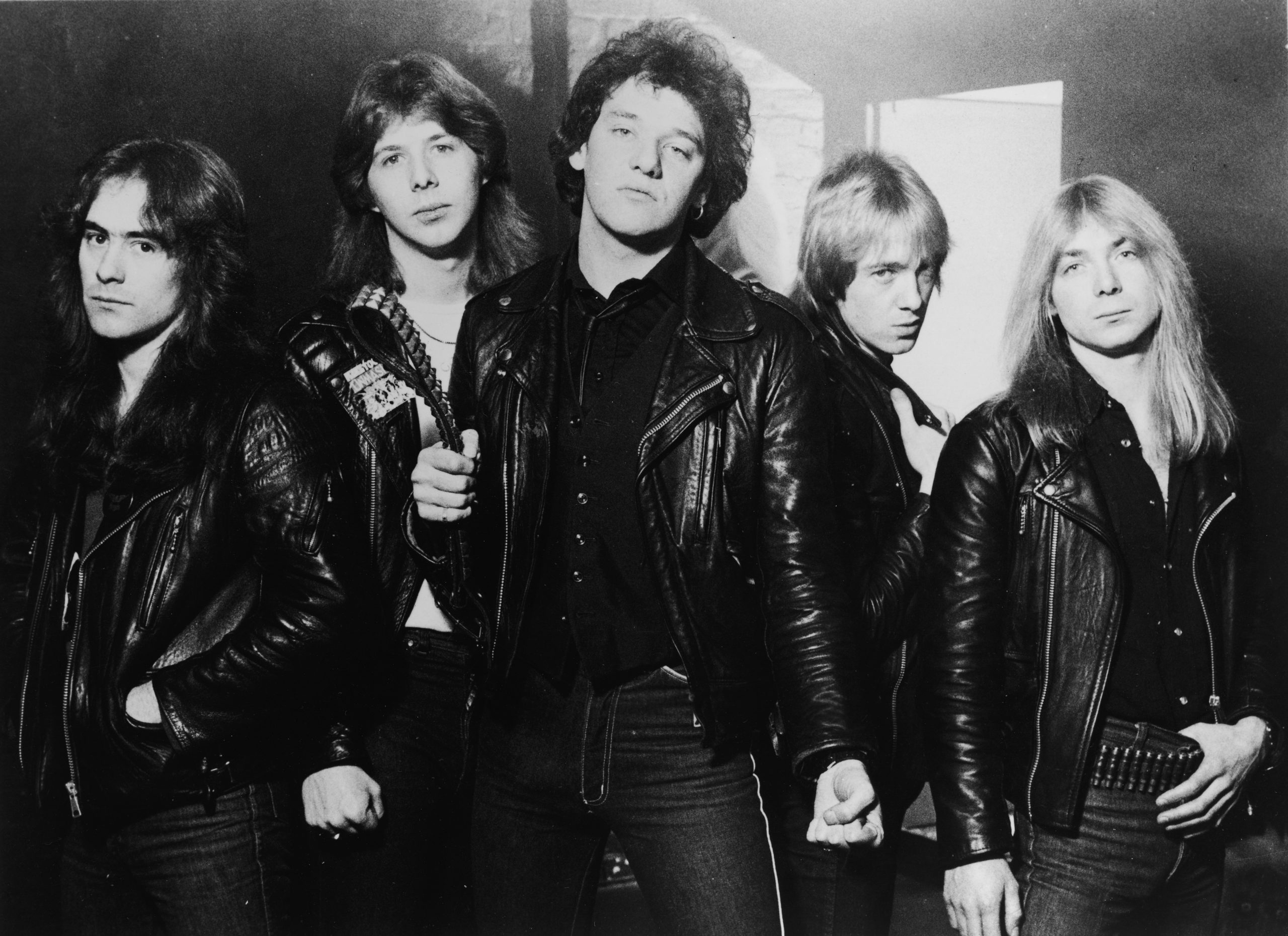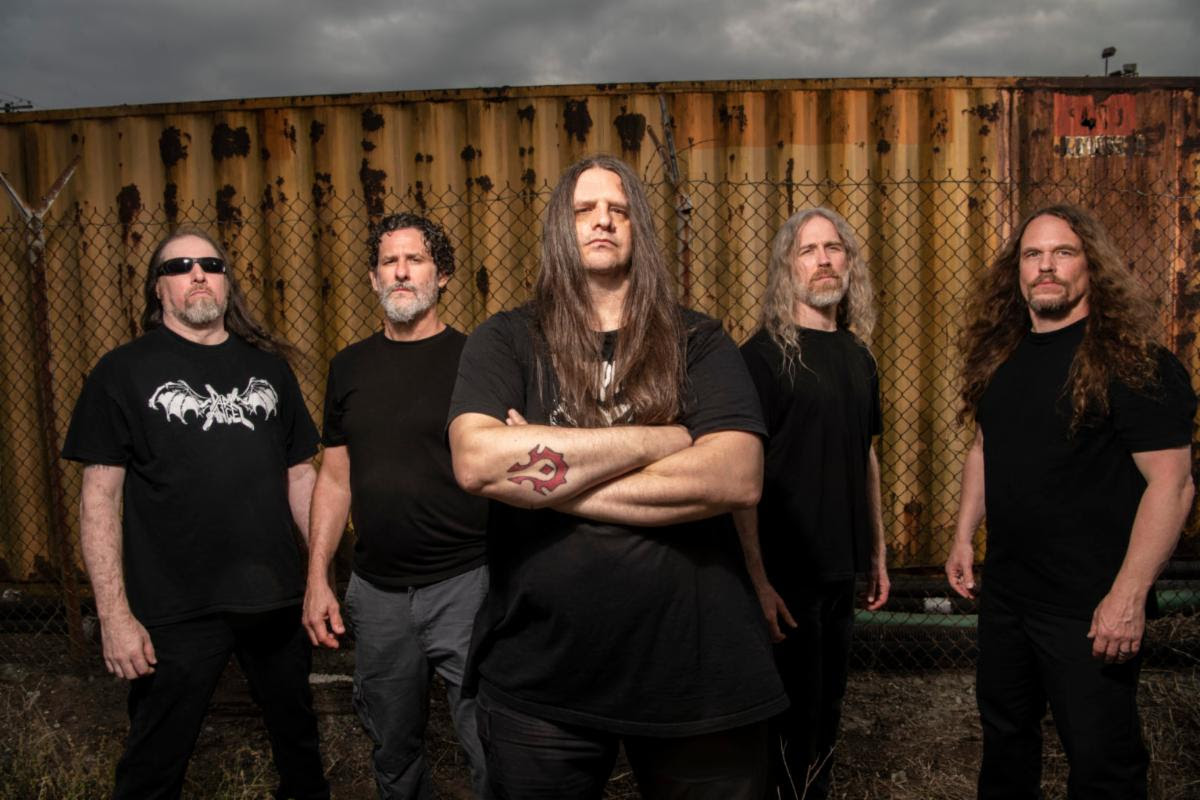Odd to think that at one point, much to their chagrin, Low were considered the progenitors of the “slowcore” movement. Emerging from Duluth, MN in the early '90s, contemporaneous with the halcyon days of grunge, the band were a more than welcome respite from that genre’s bombastic, angst-fueled fervor. They crafted languid ballads that were the focal point instead of a diversion from frenetic rockers.
Low debuted in 1994 with I Could Live In Hope, produced in NYC by Kramer (Galaxie 500, Jad Fair), the sessions of which frontman Alan Sparhawk recalled fondly in a 2005 Big Takeover interview, poking fun at the band’s Midwest roots while laughing that, “Kramer called us farmers as he was yelling at us.” But the fruits of those sessions, along with its 1995 follow-up Long Division, provided a template for the band — smoldering numbers equally beholden to the hushed balladry of the Velvet Underground as the elegiac drone of Joy Division. Sparhawk’s wife Mimi Parker added resplendent vocals and Mo Tucker-esque drums (her threadbare kit consisted of a snare and high hat) alongside gently plucked high register bass lines. But what most differentiated Low was their sheer dedication to songcraft, and an uncanny use of space. What was left out of the tracks was as equally integral to the arrangements as what was included.
The band moved on to producer Steve Fisk for the release of 1996’s The Curtain Hits The Cast. It was something of a transitional album for the act, their last for quasi-major Vernon Yard before departing to the venerable indie Kranky Records.
On their full-length debut for the Chicago-based label, 1999’s Secret Name, they worked with producer Steve Albini. As Sparhawk said of Albini in our Big Takeover interview, “If it’s crap with Steve, you only have yourself to blame, because that crap was recorded as well and as great-sounding as it’s ever going to be.” Albini's hand-off approach paid dividends on both that album’s spartan ethos, and even more so on the ornate chamber balladry of Things We Lost In The Fire, the band’s masterpiece to date.
2002’s Trust found the band again switching gears, enlisting Tchad Blake as producer to decidedly mixed results, but serving as something as a testing ground for a more roughshod sound they’d explore in the very near future. The band again switched producers, and labels, for their Sub Pop debut The Great Destroyer, helmed by Dave Fridmann in 2005. This was a turning point for Low, and the first time they’d emphasized choruses and hooks so adroitly. Fridmann also produced 2007’s Drums And Guns, which is easily the most bizarre and esoteric record the band have created.
2011’s C’mon found the band toying with a more classicist, conventional sound, a trend that continued on their most recent LP, the Jeff Tweedy-produced The Invisible Way. The Invisible Way is perhaps Low's most accessible album to date, and exhibits just what fine songwriters Sparhawk and Parker have become, comfortable veering between protean genres, with flux and evolution having become the name of the game for them stylistically, a far cry from the potent slowcore tag that they were unfairly dogged by for more than a decade.
Having long been a favorite of musicians, including Radiohead and Wilco, both of whom Low have opened for, and Robert Plant, who covered a few of their tracks on 2010’s Band Of Joy, commercial success has still largely eluded Low. Nevertheless, they’ve provided us with one of the most impressive and rewarding discographies of the past 20 years. Let's look it over.

10. Trust (2002)
While working with esteemed producer Tchad Blake certainly added a sheen to Low's sound, it also ratcheted up both the volume and self-indulgence. Numbers such as the anthemic, infectious “Last Snowstorm Of The Year,” the deceptively lithe “La La La Song,” and the sepulchral “Shots And Ladders” work. Yet the turgid “The Lamb” and “John Prine” fall flat, in desperate need of edits. The album foreshadows other dalliances with harder-edged pop music which loomed in the near future for the band, particularly on the fuzz-bass laden rave-up “Canada.”10. Trust (2002)
While working with esteemed producer Tchad Blake certainly added a sheen to Low's sound, it also ratcheted up both the volume and self-indulgence. Numbers such as the anthemic, infectious “Last Snowstorm Of The Year,” the deceptively lithe “La La La Song,” and the sepulchral “Shots And Ladders” work. Yet the turgid “The Lamb” and “John Prine” fall flat, in desperate need of edits. The album foreshadows other dalliances with harder-edged pop music which loomed in the near future for the band, particularly on the fuzz-bass laden rave-up “Canada.”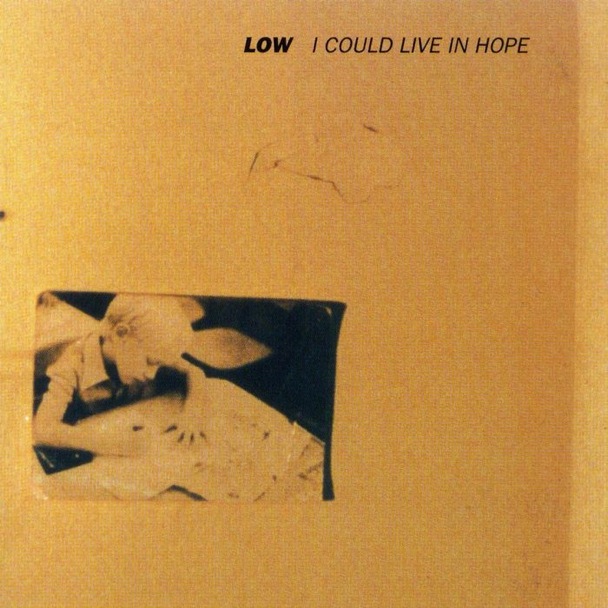
9. I Could Live In Hope (1994)
An auspicious debut, I Could Live In Hope established the template Low would follow for their next few albums, that of capturing staggering emotional breadth with a bare minimum of instrumentation and an economy of language. Sparhawk’s long lamented his limited guitar playing capabilities, but as on every Low album, they serve the songs here, be it the sinewy, fractured figures on “Words,” the spacious open strums of “Fear,” or the ragged digressions of “Cut.” His phrasings are often oblique to the point of incomprehensibility, but that only adds to the enigmatic nature of the album, which often assumes a Rorschach-blotter level of inscrutability. To the band’s eternal mortification, it did help to birth the genre known as slowcore that would encompass acts from Bedhead to Codeine throughout the '90s.9. I Could Live In Hope (1994)
An auspicious debut, I Could Live In Hope established the template Low would follow for their next few albums, that of capturing staggering emotional breadth with a bare minimum of instrumentation and an economy of language. Sparhawk’s long lamented his limited guitar playing capabilities, but as on every Low album, they serve the songs here, be it the sinewy, fractured figures on “Words,” the spacious open strums of “Fear,” or the ragged digressions of “Cut.” His phrasings are often oblique to the point of incomprehensibility, but that only adds to the enigmatic nature of the album, which often assumes a Rorschach-blotter level of inscrutability. To the band’s eternal mortification, it did help to birth the genre known as slowcore that would encompass acts from Bedhead to Codeine throughout the '90s.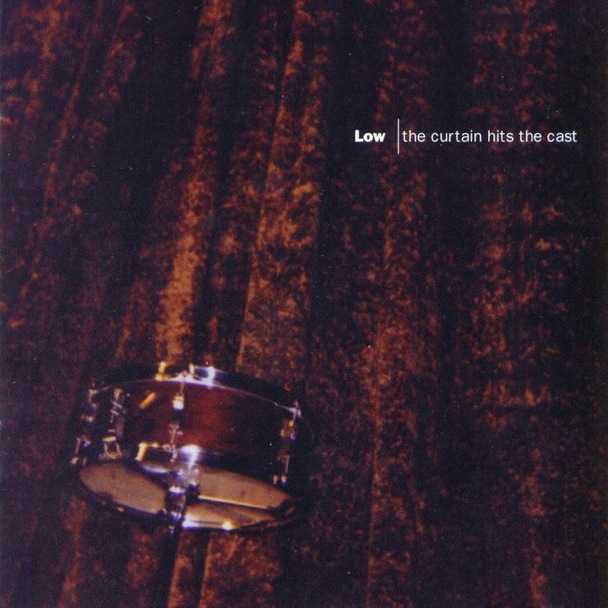
8. The Curtain Hits The Cast (1996)
The title The Curtain Hits The Cast brings to mind an Emily Dickinson poem “There’s A Certain Slant Of Light,” in which she writes, “There's a certain slant of light,/ On winter afternoons/ That oppresses, like the weight/ Of cathedral tunes.” Throughout this album, the curtain referenced in the title symbolically casts away the light, whether it’s on the epic dirge opus “Do You Know How to Waltz?,” the incomprehensibility of time and distance on the nutmeg sweet “Over the Ocean,” or the smoldering existential inquest of “Lust.” It’s perhaps the band’s most hermetically insular record in a discography rife with them.8. The Curtain Hits The Cast (1996)
The title The Curtain Hits The Cast brings to mind an Emily Dickinson poem “There’s A Certain Slant Of Light,” in which she writes, “There's a certain slant of light,/ On winter afternoons/ That oppresses, like the weight/ Of cathedral tunes.” Throughout this album, the curtain referenced in the title symbolically casts away the light, whether it’s on the epic dirge opus “Do You Know How to Waltz?,” the incomprehensibility of time and distance on the nutmeg sweet “Over the Ocean,” or the smoldering existential inquest of “Lust.” It’s perhaps the band’s most hermetically insular record in a discography rife with them.
7. The Great Destroyer (2005)
Low have something of a punk history, including a fabled 1998 Halloween gig covering the songs of the Misfits. A tad incongruous, yes, but they’ve always been punk in spirit, and The Great Destroyer was the record on which their numbers most closely approximated the genre sonically, lent a forceful jolt courtesy of producer Dave Fridmann. Kicking off with the buzzsaw pulsations of “Monkey,” the churning, sun-bleached “California,” and the jittery swagger of “Everybody’s Song,” the album is certainly a massive stylistic departure for the band. It occasionally grows monotonous, but the highs easily outstrip the lows, and the accentuation of hooks and choruses are a more than welcome development proving that on their seventh album and over 10 years into their career, they had plenty of tricks remaining in their seemingly boundless artistic reservoir after the slightly underwhelming Trust.7. The Great Destroyer (2005)
Low have something of a punk history, including a fabled 1998 Halloween gig covering the songs of the Misfits. A tad incongruous, yes, but they’ve always been punk in spirit, and The Great Destroyer was the record on which their numbers most closely approximated the genre sonically, lent a forceful jolt courtesy of producer Dave Fridmann. Kicking off with the buzzsaw pulsations of “Monkey,” the churning, sun-bleached “California,” and the jittery swagger of “Everybody’s Song,” the album is certainly a massive stylistic departure for the band. It occasionally grows monotonous, but the highs easily outstrip the lows, and the accentuation of hooks and choruses are a more than welcome development proving that on their seventh album and over 10 years into their career, they had plenty of tricks remaining in their seemingly boundless artistic reservoir after the slightly underwhelming Trust.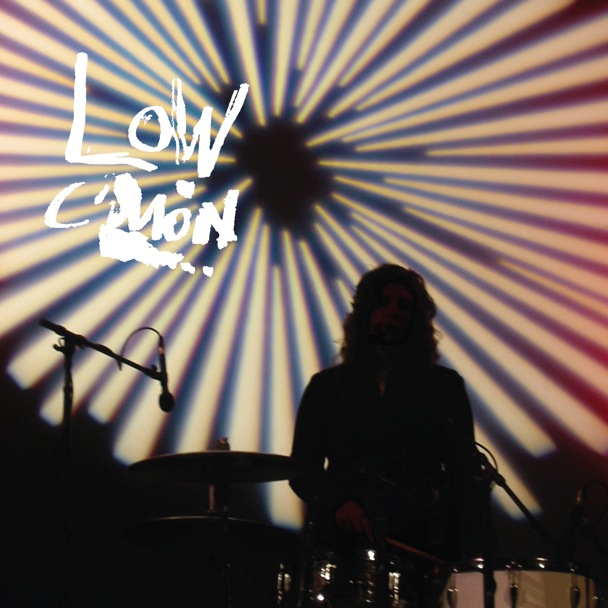
6. C’mon (2011)
From the pastel Paisley Underground homage “Try to Sleep” to the snarling, contemptuous “Witches,” to the magisterial “Especially Me,” C’mon finds Low at the top of their game. Penultimate track “Nothing But Heart” best captures the loose, extemporaneous nature of the record, as a stentorian guitar clamor akin to Neil Young’s Dead Man score gives way to Parker and Sparhawk meditatively harmonizing “I’m nothing but heart” over a pulsating rhythm section that glacially builds to a plangent crescendo. It could well serve as the mantra for the band’s career — everything they’ve done has been with their hearts beating together as one.6. C’mon (2011)
From the pastel Paisley Underground homage “Try to Sleep” to the snarling, contemptuous “Witches,” to the magisterial “Especially Me,” C’mon finds Low at the top of their game. Penultimate track “Nothing But Heart” best captures the loose, extemporaneous nature of the record, as a stentorian guitar clamor akin to Neil Young’s Dead Man score gives way to Parker and Sparhawk meditatively harmonizing “I’m nothing but heart” over a pulsating rhythm section that glacially builds to a plangent crescendo. It could well serve as the mantra for the band’s career — everything they’ve done has been with their hearts beating together as one.
5. The Invisible Way (2013)
“Oh time, it pulls out your eyes/ It makes you choose between two lines,” Alan Sparhawk sings on “Amethyst,” a standout track from Low’s 10th and most recent album The Invisible Way. A stark meditation on aging and mortality, the track encapsulates much of what’s so irresistible about not just this album but Low as a band. The Invisible Way is something of a departure, as it features Parker on vocals for the bulk of the tracks. Wilco frontman Jeff Tweedy provides tasteful production embellishments, emphasizing the songwriting strengths of the band, as on the Tin Pan Alley piano surge of “So Blue,” and the sprightly Laurel Canyon delight of “Just Make It Stop.” Sparhawk sings lead on the affecting “Mother,” returning to a motif prevalent in Low’s vernacular — the inevitable passage of time. He warmly assures over delicate acoustic guitar and supple piano accompaniment, “Deep beneath the surface of the earth/ So many bodies waiting for the word when every child and mother will return forever/ We’ll have time.” The sentiment’s not in the least bit baleful, just pragmatic, offering equanimity. Dark subject matters proliferate as always on Low’s albums, but it’s this element of hope that guides this superb album like a beacon from a lighthouse.5. The Invisible Way (2013)
“Oh time, it pulls out your eyes/ It makes you choose between two lines,” Alan Sparhawk sings on “Amethyst,” a standout track from Low’s 10th and most recent album The Invisible Way. A stark meditation on aging and mortality, the track encapsulates much of what’s so irresistible about not just this album but Low as a band. The Invisible Way is something of a departure, as it features Parker on vocals for the bulk of the tracks. Wilco frontman Jeff Tweedy provides tasteful production embellishments, emphasizing the songwriting strengths of the band, as on the Tin Pan Alley piano surge of “So Blue,” and the sprightly Laurel Canyon delight of “Just Make It Stop.” Sparhawk sings lead on the affecting “Mother,” returning to a motif prevalent in Low’s vernacular — the inevitable passage of time. He warmly assures over delicate acoustic guitar and supple piano accompaniment, “Deep beneath the surface of the earth/ So many bodies waiting for the word when every child and mother will return forever/ We’ll have time.” The sentiment’s not in the least bit baleful, just pragmatic, offering equanimity. Dark subject matters proliferate as always on Low’s albums, but it’s this element of hope that guides this superb album like a beacon from a lighthouse.
4. Secret Name (1999)
The tracks throughout Secret Name are nicely suited to Steve Albini’s hands-off recording acumen — he lends the instrumentation room to breathe, whether it’s the sawing cello on “Starfire,” or the Mellotron on the wobbly “Missouri,” or the static-laden buzz loop rendering “I Remember” hazily disorienting, suggesting that Sparhawk’s memory may be deceiving him as he intones, “No they couldn’t believe it was you/ I knew.” But ultimately, this is one of Low’s most assured efforts, and when Sparhawk harmonizes with Parker on the gentle, shuffling “Immune,” “Tell me is the time as slow/ Only when your eyes are closed,” he encapsulates what’s so great about Low. Their ballads at their best, much like those of the greats from Neil Young to Leonard Cohen, seem to make time stop, the moment frozen in amber.4. Secret Name (1999)
The tracks throughout Secret Name are nicely suited to Steve Albini’s hands-off recording acumen — he lends the instrumentation room to breathe, whether it’s the sawing cello on “Starfire,” or the Mellotron on the wobbly “Missouri,” or the static-laden buzz loop rendering “I Remember” hazily disorienting, suggesting that Sparhawk’s memory may be deceiving him as he intones, “No they couldn’t believe it was you/ I knew.” But ultimately, this is one of Low’s most assured efforts, and when Sparhawk harmonizes with Parker on the gentle, shuffling “Immune,” “Tell me is the time as slow/ Only when your eyes are closed,” he encapsulates what’s so great about Low. Their ballads at their best, much like those of the greats from Neil Young to Leonard Cohen, seem to make time stop, the moment frozen in amber.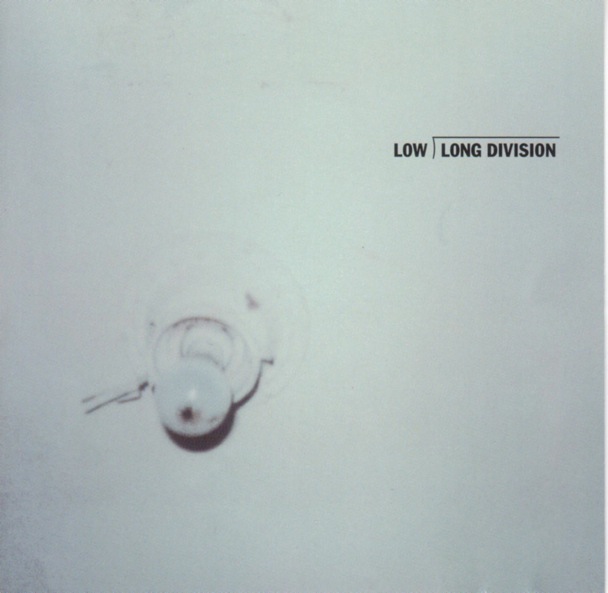
3. Long Division (1995)
The title Long Division foreshadowed a long fascination for Low with math, perhaps an allegory for their Mormon faith and the spiritually inexplicable that transcends scientific explanation. It doesn’t appear explicitly on the album, but on its outtake “Tired,” (which would later appear on the 2004 box set A Lifetime Of Temporary Relief) as Sparhawk confessed, “I’m tired of maths … I’m tired of the past.” There’s little proselytizing here, just a collection of divine torch ballads, from the stunning opener “Violence,” with mordant lyrics that belie its somber beauty, to the deceptively romantic plea for connection “Throw Out The Line.” What’s most remarkable here is the manner in which every note is immaculately placed, without a hint of extraneous fat. Like Raymond Carver’s short stories, this album draws from a somewhat limited palette, but its vernacular is rich and vibrant. The band’s early threadbare aesthetic was a resounding success, and never more affecting than on the sublime Long Division.3. Long Division (1995)
The title Long Division foreshadowed a long fascination for Low with math, perhaps an allegory for their Mormon faith and the spiritually inexplicable that transcends scientific explanation. It doesn’t appear explicitly on the album, but on its outtake “Tired,” (which would later appear on the 2004 box set A Lifetime Of Temporary Relief) as Sparhawk confessed, “I’m tired of maths … I’m tired of the past.” There’s little proselytizing here, just a collection of divine torch ballads, from the stunning opener “Violence,” with mordant lyrics that belie its somber beauty, to the deceptively romantic plea for connection “Throw Out The Line.” What’s most remarkable here is the manner in which every note is immaculately placed, without a hint of extraneous fat. Like Raymond Carver’s short stories, this album draws from a somewhat limited palette, but its vernacular is rich and vibrant. The band’s early threadbare aesthetic was a resounding success, and never more affecting than on the sublime Long Division.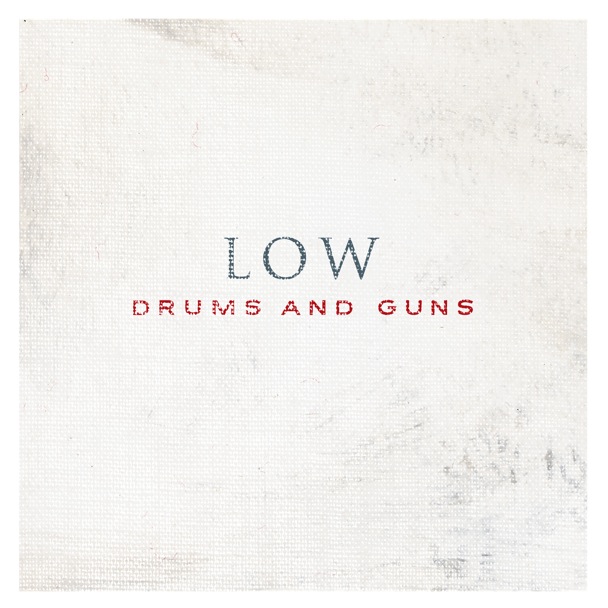
2. Drums And Guns (2007)
Recorded with a production style akin to modern hip-hop (Sparhawk had professed his love for M.I.A.’s Arular a couple years prior), Drums And Guns is initially jarring, the band’s most esoteric work to date, indebted to the practiced restraint of Young Marble Giants, with dollops of the blunt cacophony of Suicide thrown in. Lyrically, it’s as dour and tempestuous as the band have ever been, save the playful respite of “Hatchet.” But the bulk of these tracks ruminate on death, rampant consumerism, and war. “Murderer,” a diffuse mid-tempo number, is a scathing indictment of the use of religion as a justification to kill, while the stuttering “Breaker” contemplates the cold calculus of wartime logic (“The blood just spills and spills/ But here we sit debating math”). The mechanical vocal loops, hand claps, and drum machines lend the album an almost metronomic efficiency, as if it’s paralleling the desensitized automation of a soldier’s march. The album’s final track, the funereal, pipe organ-swathed “Violent Past,” finds Sparhawk ambivalently questioning, “Maybe it’s the violet path/ Maybe it’s your violent past.” He never reconciles this conundrum, unsure if he’s wandering into rapture or purgatory.2. Drums And Guns (2007)
Recorded with a production style akin to modern hip-hop (Sparhawk had professed his love for M.I.A.’s Arular a couple years prior), Drums And Guns is initially jarring, the band’s most esoteric work to date, indebted to the practiced restraint of Young Marble Giants, with dollops of the blunt cacophony of Suicide thrown in. Lyrically, it’s as dour and tempestuous as the band have ever been, save the playful respite of “Hatchet.” But the bulk of these tracks ruminate on death, rampant consumerism, and war. “Murderer,” a diffuse mid-tempo number, is a scathing indictment of the use of religion as a justification to kill, while the stuttering “Breaker” contemplates the cold calculus of wartime logic (“The blood just spills and spills/ But here we sit debating math”). The mechanical vocal loops, hand claps, and drum machines lend the album an almost metronomic efficiency, as if it’s paralleling the desensitized automation of a soldier’s march. The album’s final track, the funereal, pipe organ-swathed “Violent Past,” finds Sparhawk ambivalently questioning, “Maybe it’s the violet path/ Maybe it’s your violent past.” He never reconciles this conundrum, unsure if he’s wandering into rapture or purgatory.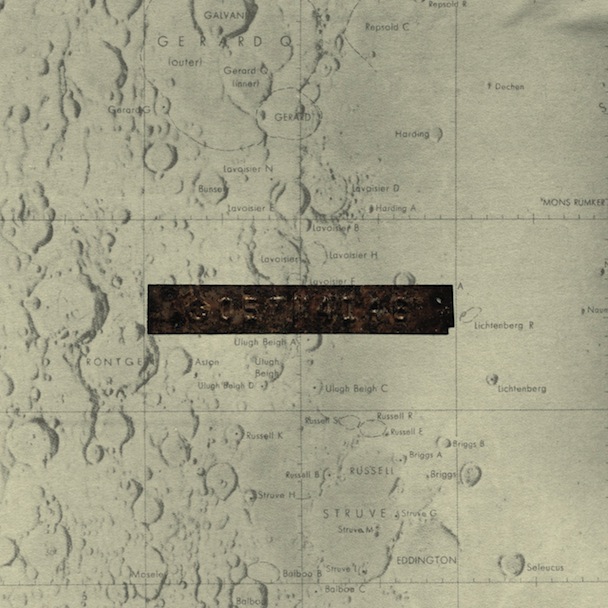
1. Things We Lost In The Fire (2001)
Things We Lost In The Fire is guided by an overriding motif of, “What would we miss if we lost all our worldly possessions? What do we truly value?” Not an original thought, but Low articulate it with wide-eyed and abject clarity throughout this sublime album. The gorgeous reverie “Sunflower” seeks redemption for the bereft, while the clamorous “Dinosaur Act” questions the nature of self-worth and the inevitable diminishing returns of materialism and social status. Yet the heart of the record is found on closing track “In Metal,” as Parker keens, “I wish I could keep your little body in metal,” utterly in awe of human frailty, as the couple’s then infant child Hollis coos gently in the background. Ecclesiastical themes abound, but this is ultimately a dignified meditation on love, loss, and finding cold comfort in the incorporeal.1. Things We Lost In The Fire (2001)
Things We Lost In The Fire is guided by an overriding motif of, “What would we miss if we lost all our worldly possessions? What do we truly value?” Not an original thought, but Low articulate it with wide-eyed and abject clarity throughout this sublime album. The gorgeous reverie “Sunflower” seeks redemption for the bereft, while the clamorous “Dinosaur Act” questions the nature of self-worth and the inevitable diminishing returns of materialism and social status. Yet the heart of the record is found on closing track “In Metal,” as Parker keens, “I wish I could keep your little body in metal,” utterly in awe of human frailty, as the couple’s then infant child Hollis coos gently in the background. Ecclesiastical themes abound, but this is ultimately a dignified meditation on love, loss, and finding cold comfort in the incorporeal.